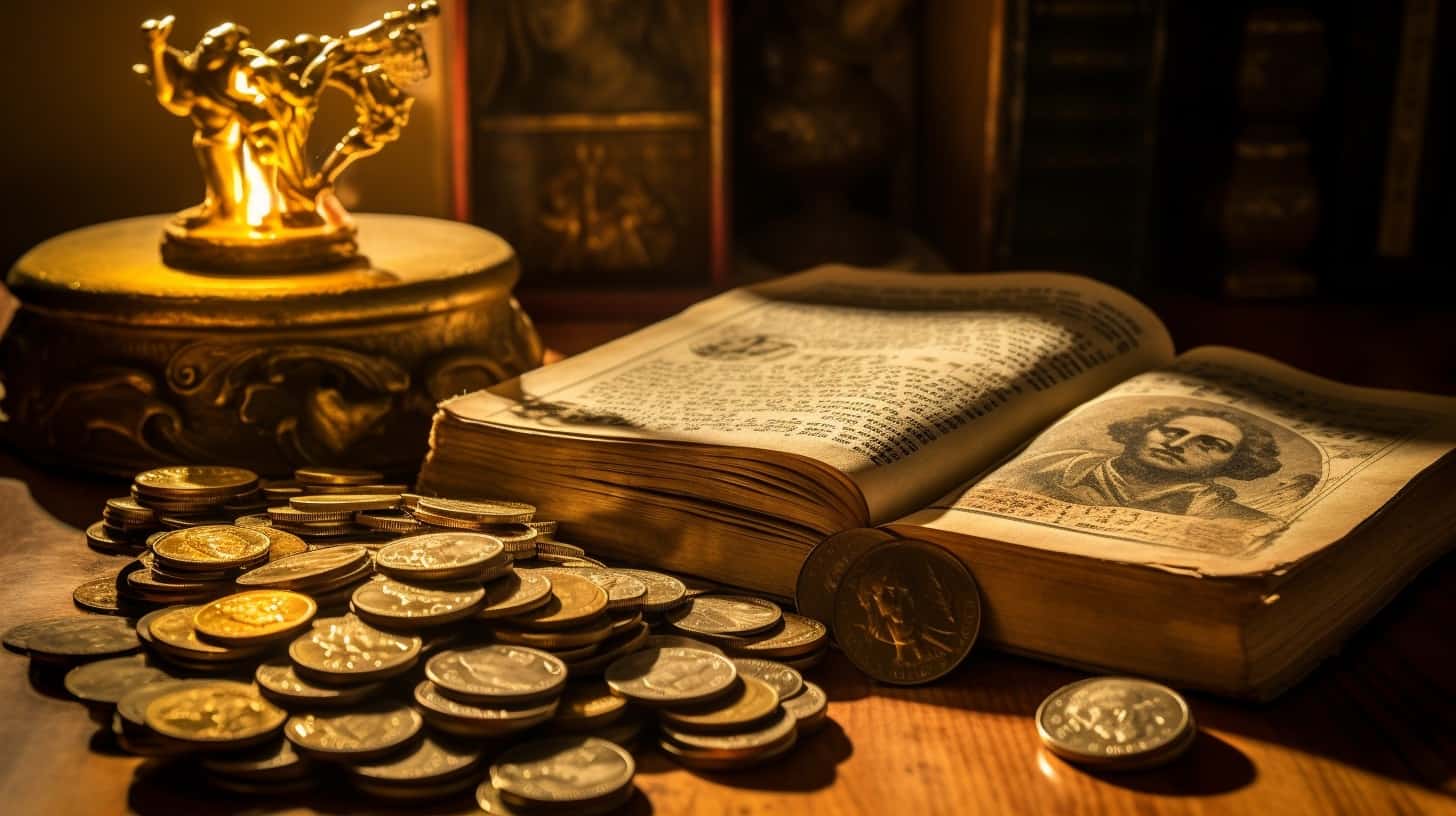Do self-checkouts take 100-dollar bills? Paying with large bills like $ 100 can sometimes be a hassle, especially at self-checkout machines. If you’re in a rush and need a quick answer – most major retail chains have updated their self-checkouts to accept $100 bills.
However, there can be exceptions based on store policy and machine capability.
In this comprehensive guide, we’ll provide a detailed look at whether top retailers – including Walmart, Target, Kroger, and more – allow $100 bills at their self-checkout lanes. We’ll also discuss any limits, why some places don’t take big bills, and tips to ensure a smooth transaction when paying with a $100.
Overview of Self-Checkout Capabilities
Self-checkout technology has become increasingly popular in recent years, offering convenience and efficiency to both customers and retailers. This article provides a detailed look at the capabilities of self-checkout machines, including their adoption history, bill acceptance process, and why some machines have limits.
Brief history of self-checkout adoption
The concept of self-checkout first emerged in the 1990s, with major retailers like Walmart and Home Depot leading the way in its adoption. Since then, self-checkout machines have become a common feature in supermarkets, department stores, and even fast-food restaurants.
One of the main reasons for the rapid adoption of self-checkout technology is the increasing demand for convenience among consumers. Self-checkout allows shoppers to scan and pay for their items without having to wait in long queues, saving them valuable time.
How bill acceptance works
Self-checkout machines are designed to accept various forms of payment, including cash. When it comes to accepting $100 bills, however, some machines may have limitations. While many self-checkout machines can accept $100 bills, some may have a maximum bill denomination limit, such as $20 or $50.
When a customer inserts a $100 bill into a self-checkout machine, the machine uses advanced bill acceptor technology to authenticate the bill. This technology scans the bill for security features such as watermarks, holograms, and magnetic ink.
Once the bill is verified, it is either dispensed as change or deposited into the machine’s cash recycling system.
Why do some machines have limits?
The reason why some self-checkout machines have limits on bill denominations, including $100 bills, can be attributed to security and operational considerations. Limiting the acceptance of higher denomination bills helps to reduce the risk of fraudulent transactions and ensures that the machine has enough change available to provide accurate change to customers.
Additionally, some retailers may choose to set limits on bill denominations to simplify cash management processes. By limiting the acceptance of larger bills, they can reduce the frequency of cash replenishment and minimize the risk of running out of change during peak hours.
It’s important to note that the acceptance of $100 bills may vary from one self-checkout machine to another, as different models and brands may have different capabilities and limitations. It’s always a good idea to check with the retailer or refer to their website for specific information regarding bill acceptance at their self-checkout machines.
Major Retailers That Take $100 Bills at Self-Checkout
Self-checkout machines have become increasingly popular in major retailers around the world. They offer convenience and speed to shoppers who prefer to handle their own purchases. One common concern among shoppers is whether self-checkouts accept larger bills, such as $100 bills.
Let’s take a closer look at some major retailers and their policies regarding $100 bills at self-checkout.
Walmart
Walmart, one of the largest retail chains in the world, generally accepts $100 bills at their self-checkout machines. However, it’s important to note that individual store policies may vary. It’s always a good idea to check with a store associate beforehand to ensure that $100 bills are accepted at the specific Walmart location you plan to visit.
Target
Similar to Walmart, Target typically accepts $100 bills at their self-checkout stations. However, it’s worth mentioning that some Target locations may have limitations on the number of large bills that can be used during a single transaction.
It’s always advisable to check with the store or consult their official website for any specific restrictions.
Kroger
Kroger, a popular grocery store chain, generally allows customers to use $100 bills at their self-checkout machines. However, just like with other retailers, it’s important to be aware that certain store locations may have their own policies or restrictions.
Checking with a store associate or referring to the Kroger website can provide more accurate information regarding their self-checkout policies.
Costco
Costco, a membership-based warehouse club, primarily focuses on bulk purchases. While they do offer self-checkout options for certain items, they typically do not accept cash at these stations. Costco encourages customers to use debit or credit cards instead.
It’s best to be prepared with alternative payment methods when shopping at Costco.
Other Major Chains
Many other major retail chains, such as Best Buy, Home Depot, and Lowe’s, also offer self-checkout options. However, their policies regarding $100 bills may vary. It’s advisable to check with each specific retailer to determine their policies on larger bills at self-checkout stations.
Retailers That Don’t Take $100s at Self-Checkout
Dollar Stores
When it comes to dollar stores, most of them do not accept $100 bills at self-checkout. Dollar stores typically operate with smaller profit margins, and accepting large bills can pose a risk to their cash flow.
So, if you’re planning to shop at a dollar store and want to pay with a $100 bill, it’s best to head to a cashier-operated checkout instead.
Convenience Stores
Similarly, many convenience stores also do not accept $100 bills at self-checkout. These smaller establishments often have limited cash reserves and prefer to keep smaller denominations on hand for easier transactions.
If you need to pay with a larger bill, it’s advisable to go to the cashier and complete your purchase at the counter.
Some Grocery Stores
While most grocery stores offer self-checkout options, not all of them accept $100 bills. This policy varies from store to store, so it’s always a good idea to check with the store’s customer service or signage before attempting to use a $100 bill at a self-checkout machine.
If $100 bills are not accepted, there will usually be a sign indicating the denominations that are accepted.
Many Small Retailers
Many small retailers, such as boutique shops and local businesses, may also have restrictions on accepting $100 bills at self-checkout. These businesses often operate with limited cash reserves and prefer to minimize the risk of counterfeit bills or change shortages.
If you’re unsure whether a small retailer accepts $100 bills at self-checkout, it’s best to ask a staff member or use a cashier-operated checkout.
It’s important to note that the policies regarding $100 bills at self-checkout can vary even within the same type of retailer. Some stores may have different policies based on location or individual store management decisions.
Therefore, it’s always a good idea to familiarize yourself with the specific policies of the retailer you plan to visit.
Tips for Paying With Large Bills at Self-Checkout
Know the store’s policy ahead of time
Before heading to the store, it’s a good idea to familiarize yourself with their policy on accepting large bills at self-checkouts. Some stores may have restrictions on the denominations or may not accept large bills at all.
By knowing the policy in advance, you can plan accordingly and avoid any potential issues at the checkout.
Use a self-checkout lane with an attendant
If you have a $100 bill and are unsure if the self-checkout machine can accept it, opt for a lane with an attendant. These lanes are usually equipped to handle larger bills and have someone available to assist if any issues arise.
It’s always better to be safe than sorry, and having an attendant nearby can provide peace of mind during your transaction.
Insert carefully to avoid errors
When paying with a large bill at a self-checkout, it’s important to insert the bill carefully to avoid any errors or malfunctions. Make sure the bill is not folded, ripped, or crumpled, as this can cause the machine to reject it.
Slowly and smoothly insert the bill into the designated slot, following any on-screen instructions. Taking a few extra seconds to ensure a proper insertion can save you time and frustration in the long run.
Have other payment methods ready
While self-checkout machines are generally designed to handle large bills, there may still be instances where they cannot accept them. To be prepared, always have alternative payment methods ready, such as smaller bills, coins, or a debit/credit card.
This way, if the self-checkout machine cannot process your large bill, you can seamlessly switch to another payment option without any hassle.
The Future of Self-Checkout Bill Acceptance
The self-checkout revolution continues to reshape the retail landscape, offering convenience and efficiency to both customers and businesses. One key aspect of self-checkouts is the acceptance of different forms of payment, including cash.
However, the future of self-checkout bill acceptance is constantly evolving, driven by advancements in technology and changing consumer preferences.
How technology could improve
As technology progresses, self-checkout machines are becoming more sophisticated and capable of handling a wider range of bills. While some older models may have limitations in accepting high-denomination bills or certain currencies, newer machines are being designed to accommodate a variety of currencies and bill types.
These advancements not only increase the convenience for customers but also reduce the burden on store employees who may need to assist with bill acceptance.
Moreover, technological advancements, such as improved bill recognition software and sensors, are being integrated into self-checkout machines to ensure accurate and efficient bill processing. These developments aim to minimize errors and improve the overall user experience, making self-checkouts more reliable and user-friendly.
Increasing adoption of cashless payments
While self-checkouts have traditionally accepted cash as a form of payment, there is a growing trend towards cashless transactions. With the rise of mobile payment apps, contactless payments, and digital wallets, more and more consumers are opting for cashless payment methods.
This shift towards a cashless society may impact the future of self-checkout bill acceptance, as businesses may prioritize accommodating digital payments over cash transactions.
However, it’s important to note that cash still holds significant value for many individuals, especially those who may not have access to digital payment options. Therefore, it is likely that self-checkout machines will continue to accept cash, albeit alongside a range of cashless payment methods, to cater to the diverse needs of customers.
Ongoing debate over pros/cons of self-checkout
The adoption of self-checkouts has sparked an ongoing debate regarding their pros and cons. While self-checkouts offer convenience and efficiency, there are concerns about the impact on employment and customer service.
Some argue that self-checkouts eliminate jobs for cashiers, while others contend that they allow businesses to allocate resources more efficiently, leading to improved productivity and cost savings.
Furthermore, in terms of bill acceptance, self-checkouts have both advantages and disadvantages. On one hand, self-checkouts can provide a faster and more streamlined process for customers, reducing wait times and offering greater control over transactions.
On the other hand, issues such as bill jams or the inability to accept certain bills can cause frustration and inconvenience for both customers and store staff.
Do Self-Checkouts Take 100-Dollar Bills – Conclusion
While self-checkout capabilities continue to advance, paying with a $100 bill can still be hit-or-miss based on the retailer. Major chains like Walmart and Kroger are more likely to accommodate large bills, while smaller stores or those catering to smaller purchases may not.
Your best bet is to know the policies in advance – and have a backup payment method ready just in case.





